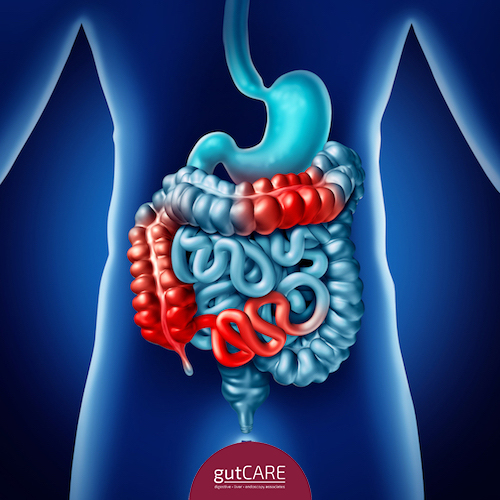Colon and Small Intestine Illness

Colon and Small Intestine Illness
The intestines (otherwise known as bowels) are long tube-like structures which serve for digestion, absorption of nutrients and water and is also where the bulk of our body’s microbes reside.
The small intestines are collectively known as the small bowel consists of the duodenum, jejunum, and ileum. They work for food digestion and absorption of the nutrients from digested food.
The large intestines are composed of the colon and rectum, where absorption of water and storage of the stool occurs.
Hence any disease that affects the intestines will directly affect these functions.
Irritable Bowel Syndrome (IBS)
IBS is a functional gut condition marked by abdominal pain or discomfort associated with a change in bowel habits, stool form and frequency. It affects 1 in 10 people in Singapore, and while it’s a chronic condition, a correct diagnosis and management results in good symptom control.
Small intestinal bacterial overgrowth SIBO
SIBO occurs when there’s an overgrowth of the resident bacteria of the gut, resulting in bloating, diarrhea and abdominal discomfort. Diagnosis via breath testing and treatment can potentially make a big difference.
This is a chronic inflammatory condition of the large intestines and rectum and presents with abdominal pain, diarrhea and blood in the stools. Early diagnosis and treatment are important.
Crohn’s disease
Crohn’s is a chronic inflammatory condition that affects not only the large intestines but any other part of the gut as well. It is marked by abdominal pain, blood in the stools and a persistent change in bowel habits. Early diagnosis and treatment are important.
Diverticular Disease
A diverticulum is a sac-like protrusion of the colonic wall. If there are bleeding and inflammation associated with it, it is called diverticular disease. Diverticular bleeding is characterized by painless bleeding. Diverticulitis is when the diverticulum is inflamed.
One of the commonest conditions to affect the intestines is an acute infection, usually caused by viruses or bacteria. This is technically known as Gastroenteritis, and the infection results in inflammation and often presents as diarrhea and vomiting. It’s also sometimes known as food poisoning in layman’s terms.




